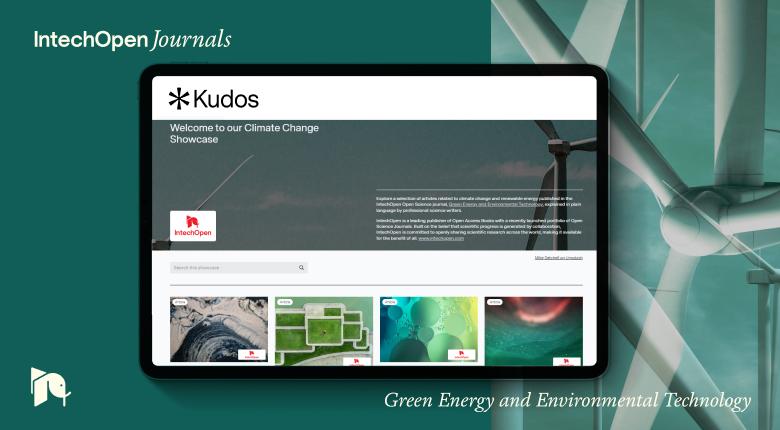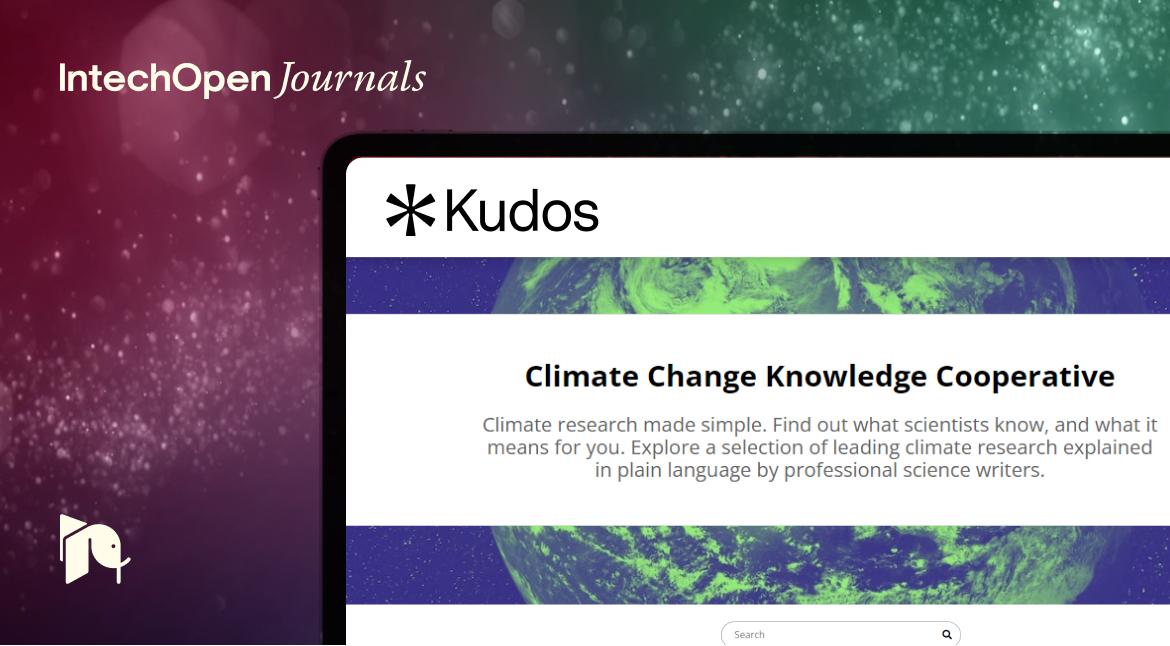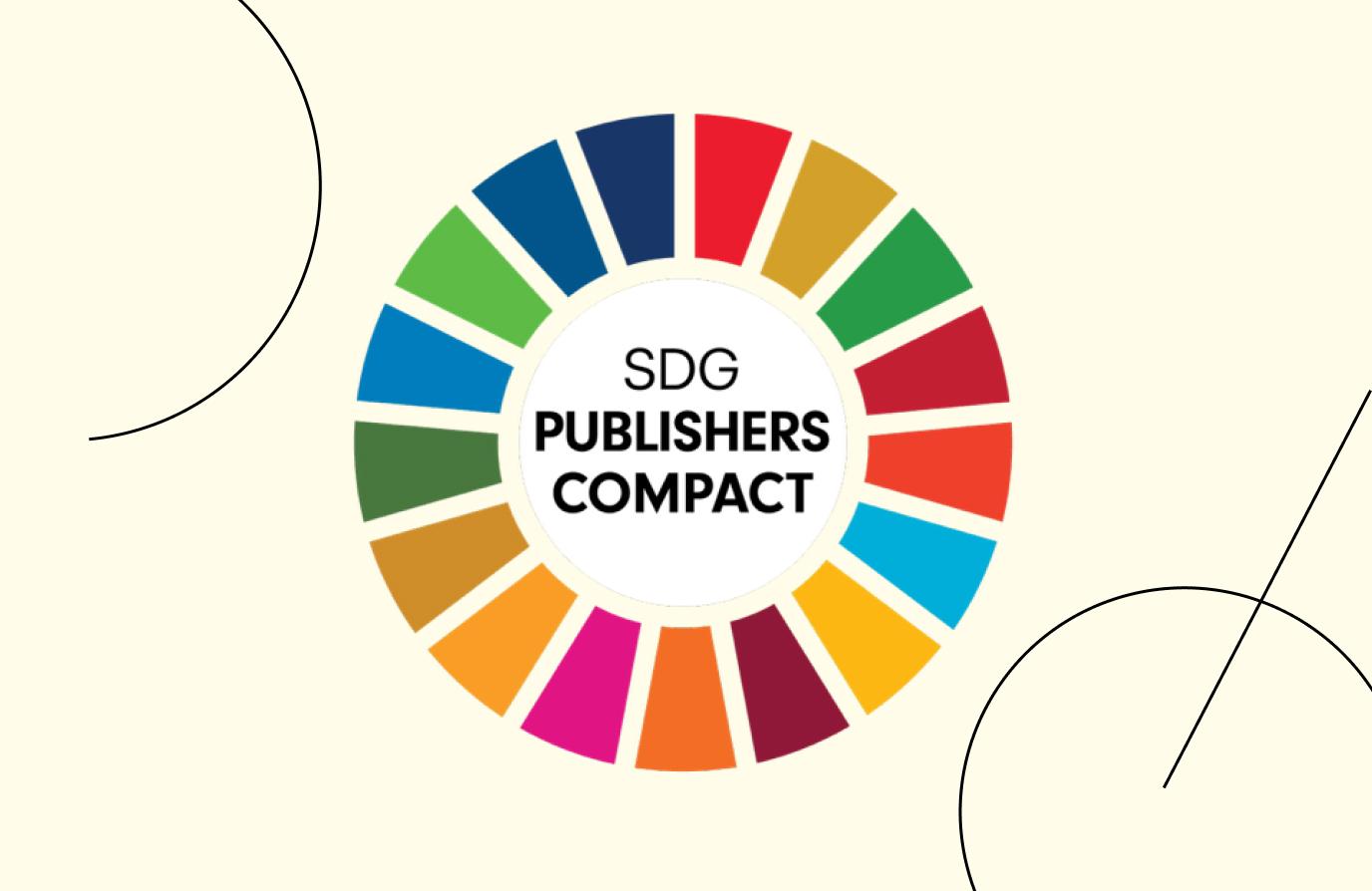
This summer, the forests, the lungs of our planet, burned and disappeared again in many countries. Today, only one-tenth of forest fires occur spontaneously in nature, and the others occur in dry weather and drought. The impacts of climate change mean they are no longer a natural part of our ecosystem. Forest fires and climate change mutually increase their effects.
This summer, the forests, the lungs of our planet, burned and disappeared again in many countries. Today, only one-tenth of forest fires occur spontaneously in nature, and the others occur in dry weather and drought. The impacts of climate change mean they are no longer a natural part of our ecosystem. Forest fires and climate change mutually increase their effects.
Elevated temperatures and decreasing rainfall with climate change cause drought, and increased drought, high air temperatures, low relative humidity, lightning, and strong winds in turn cause climate change, resulting in hotter, drier, and longer fire seasons, which further increases wildfires. What’s more, climate change is worsening the impact of wildfires, often by destroying fragile and carbon-rich ecosystems such as peatlands and rainforests. Unfortunately, this cycle continues. If we do not reduce carbon dioxide emissions and save energy and water, our climate will continue to change, our water will continue to run out and our forests will continue to burn. Let us change the habits that will harm our climate. Let us not let our climate change.
Read more Associate Professor Murat Eyvaz Gebze Technical University
, Turkey
Editorial board member, Green Energy and Environmental Technology

























